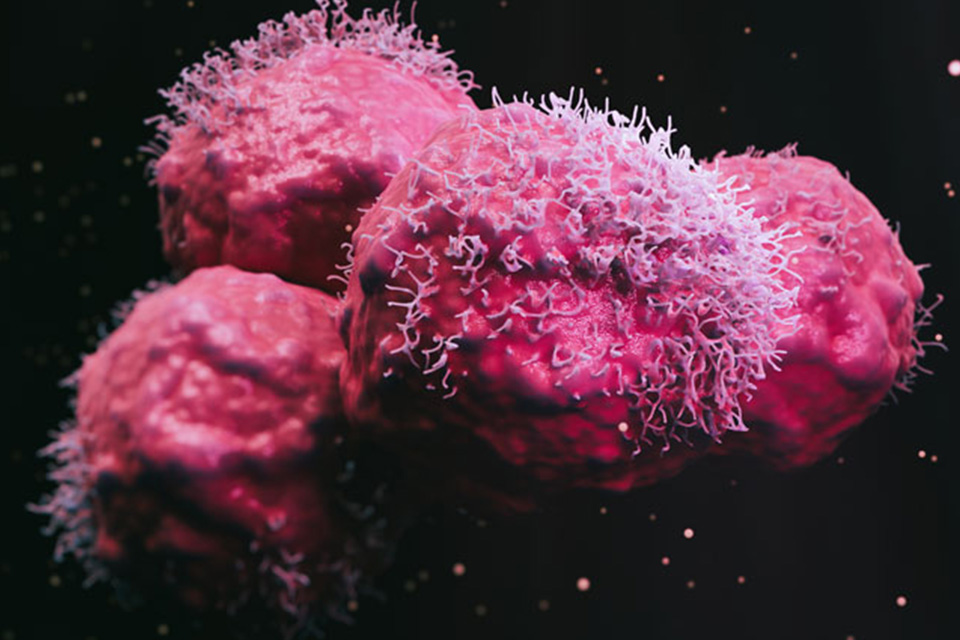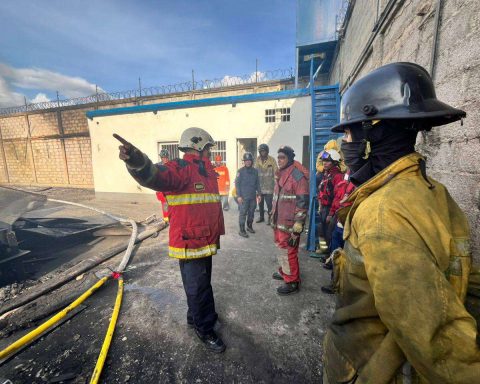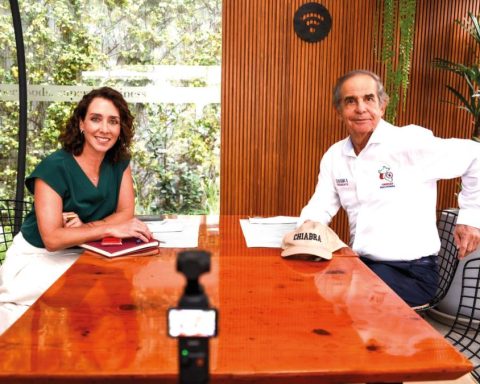A group of Harvard researchers modified cancer cells into powerful anticancer agents. They manipulated the living tumor cells using the CRISPR-Cas9 editing tool, reinserted them, and then released an agent responsible for destroying cancer along the way.
A group of researchers has developed a new dual-action vaccine that can simultaneously cure and prevent brain cancer in mice, as detailed in a recent study published on Wednesday, January 4, by the journal Science Translational Medicine.
Specifically, this new cell therapy approach kills cancer cells and trains the immune system to prevent the recurrence of brain cancer in the long term.
“Our team has pursued a simple idea: take cancer cells and transform them into cancer killers and vaccines,” said study author Khalid Shah of Harvard,
“Through genetic engineering, we are reusing cancer cells to develop a therapy that kills tumor cells and stimulates the immune system both to destroy primary tumors and to prevent cancer,” added the expert.
A novel approach
Shah and his colleagues have used a novel approach to develop this vaccine. On this occasion, they have not studied inactive tumor cells, but have reused living tumor cells, which have a key characteristic in the research.
It turns out that living tumor cells travel long distances in the brain, only to return to where their “partners” are.
After observing this behavior, the scientists manipulated the living tumor cells using the CRISPR-Cas9 editing tool, reinserted them, and then released an agent that kills cancer cells along the way.
These engineered cells were also programmed to help the immune system become stronger, detect new cancer agents and remember them, generating a more comprehensive anti-tumor response in the long term.
This new dual-action cell therapy was found to be safe, applicable, and effective in different types of mice, including those containing bone marrow, liver, and thymus cells designed to mimic the human immune microenvironment, suggesting a roadmap toward therapy.
Although further testing and development is needed, the team looks forward to testing in patients: “Our goal is to take an innovative yet applicable approach so that we can develop a therapeutic cancer vaccine that will ultimately have a lasting impact on the disease.” medicine,” Shah concluded.
*Read also Venezuelan researchers innovate to maintain scientific journals at world level
With information from D.W.
Post Views: 122















